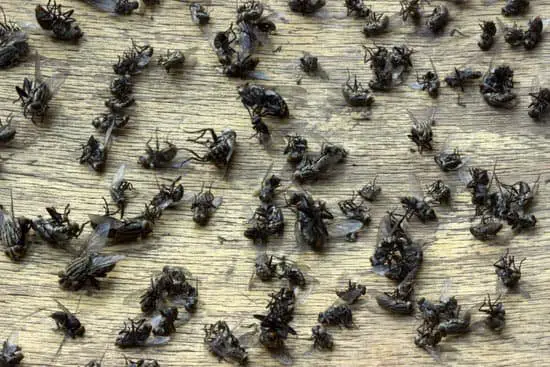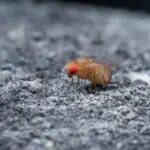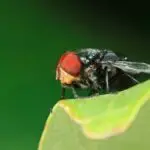Why Do Flies Live Everywhere?
There are many types of flies. Some of them feed on plants and fungi while others lay eggs in dead plants. They also can “spit” onto dry food, sucking in extra nutrients, so they can contaminate food. In addition, some flies feed on the blood of vertebrates. Although they are common on land, they can also be found in the water and on animals.
While the majority of fly species spend the winter as eggs or pupae, some species can survive up to two months. Despite this remarkable longevity, most fly species only live for a few days or weeks in their adult stage. Flies need a steady source of food so they can reproduce and spread their genes. They also thrive in warm temperatures, which not only make them more successful at developing, but also regulate their body temperature.
Houseflies are a common nuisance in homes, and they can spread bacteria. Because they breed in garbage and decaying organic material, these insects can be found in almost any place. In addition to being nuisance pests, houseflies are also known as nuisance flies because they feed on human waste, animal feces, and garbage. This means they can contaminate food, and can even be a source of illness.
Flies may seem bothersome, but they play a vital role in the ecosystem. They help maintain the food chain and aid in the reproduction of crops. They also help preserve the earth’s water resources. Climate change is a major threat for many flies. One recent study showed that flies are declining in abundance, and a large number of species are at risk.








